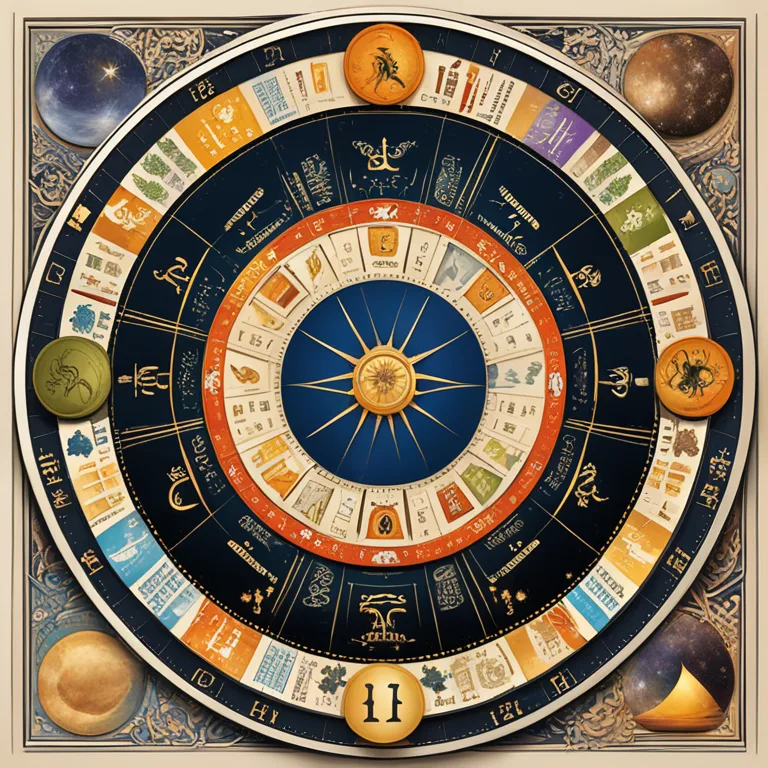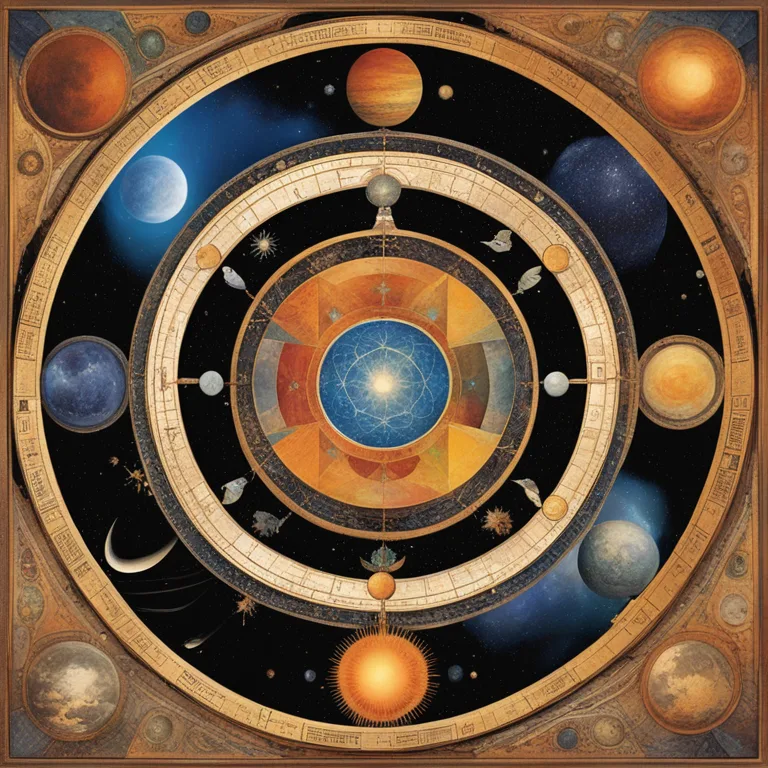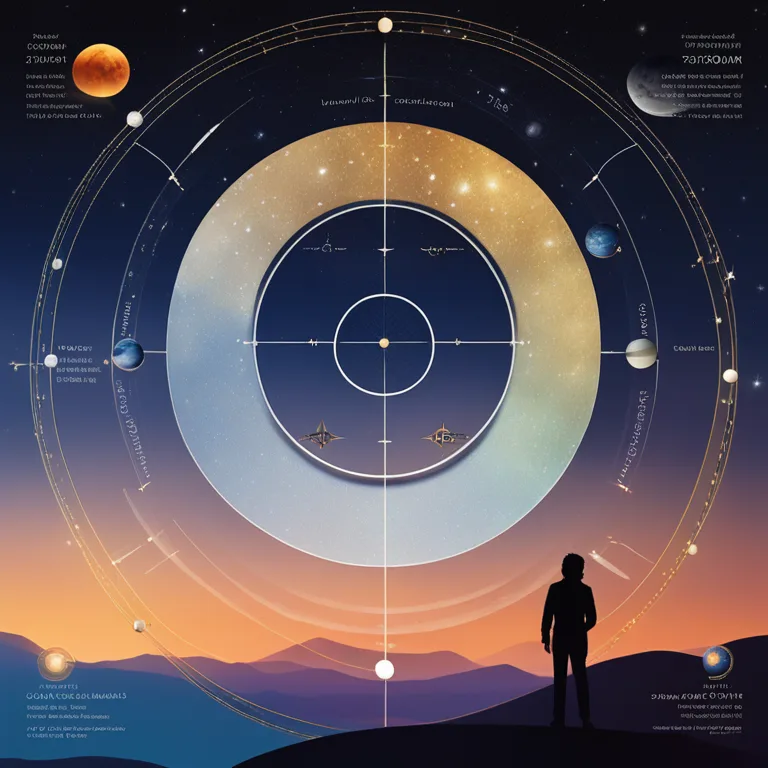
The Nexus of Astrology and Psychology
Dive into the synergistic relationship between astrology and psychology, where celestial insights merge with the human psyche to enlighten self-awareness and growth.
article by Priya Deshmukh
The Symbiotic Connection
Astrology and psychology are two distinct fields that often intertwine, offering complementary perspectives on human behavior and personal development. Astrology, the study of the movements and relative positions of celestial bodies interpreted as influencing human affairs, has been a source of guidance for centuries. Psychology, the scientific study of the mind and behavior, offers empirical insights into how we think, feel, and act. When these two realms colocate, a compelling symbiotic connection arises, enriching our understanding of personality and potential.

Celestial Archetypes and the Psyche
The archetypes presented in astrology embody deep psychological significance, resonating with Carl Jung’s concepts of universal, mythic characters that reside within the collective unconscious. By examining the characteristics associated with astrological signs and their ruling planets, we gain a symbolic language that reflects our internal psychological landscapes. In 2024 and beyond, astrologers and psychologists alike can utilize these archetypes to facilitate a dialogue of self-discovery and introspection.

Astrological Transits as Psychological Tools
Astrological transits, the movements of planets as they interact with the positions of those at one's birth, can mirror life's psychological evolutions. As such, identifying trends in upcoming transits for the following years, such as Saturn returning to Pisces in 2024, grants us a predictive model for growth and challenge. These moments can encourage individuals to seek therapy, reassess life directions, or understand underlying motivations, much like psychological milestones.

Personality Insights Through the Zodiac
The Zodiac system categorizes individuals into twelve signs based on their birth date, providing attributes that can be surprisingly reflective of personality traits identified in psychological profiles. For instance, the assertive nature of Aries or the nurturing tendencies of Cancer align with temperament theories in psychology. Parsing out these complex interplays offers a dual lens that creates a multidimensional picture of an individual—a key consideration for astrological forecasts beyond 2024.

Therapeutic Applications and Growth
Modern psychologists are increasingly open to incorporating astrological insights into therapeutic contexts. A natal chart, a personal astrological footprint, can act as a conversational catalyst in therapy sessions, providing new avenues for personal narrative construction. As we transition through the 2020s, mental health professionals could potentially harness individualized astrological configurations as reflective tools for uncovering motivations, confronting fears, and promoting personal growth and healing.
Empirical Research and Evolving Perceptions
While astrology is not a science in the traditional sense, there is a growing body of empirical research that suggests psychological correlations with astrological data. As we continue into a future where interdisciplinary studies gain traction, researchers may further explore how astrological paradigms can intersect with established psychological principles. The resulting developments may transform how we view the relevance and application of astrology in a psychological context.
Published: 12/29/2023
Modified: 12/29/2023
More predictions
Come back here soon to learn more about yourself and your future


Unlocking The Impact of Astrological Transits
Gain insights into the dynamic realm of astrological transits and how they influence personal horoscopes and life events.


The Cosmic Dance of Astrology in Love
Discover how astrology influences romantic relationships, and what the stars say about love compatibility in the modern era.


Predicting Pregnancy Timings with Astrology
Discover how astrology potentially offers insights into the best times for conceiving and pregnancy-related predictions in this intriguing article.